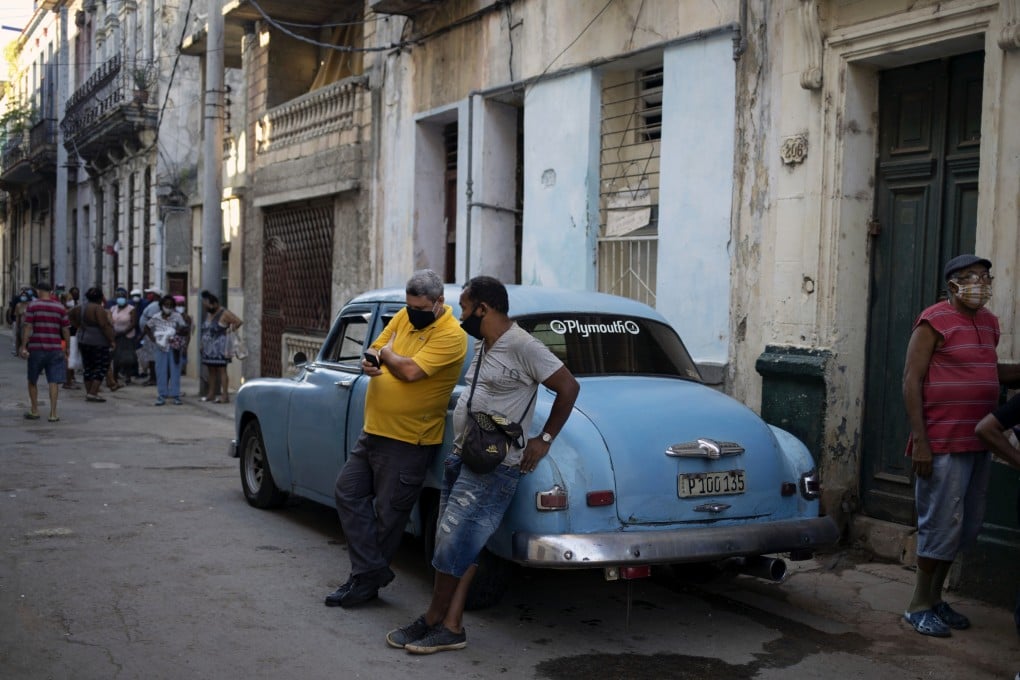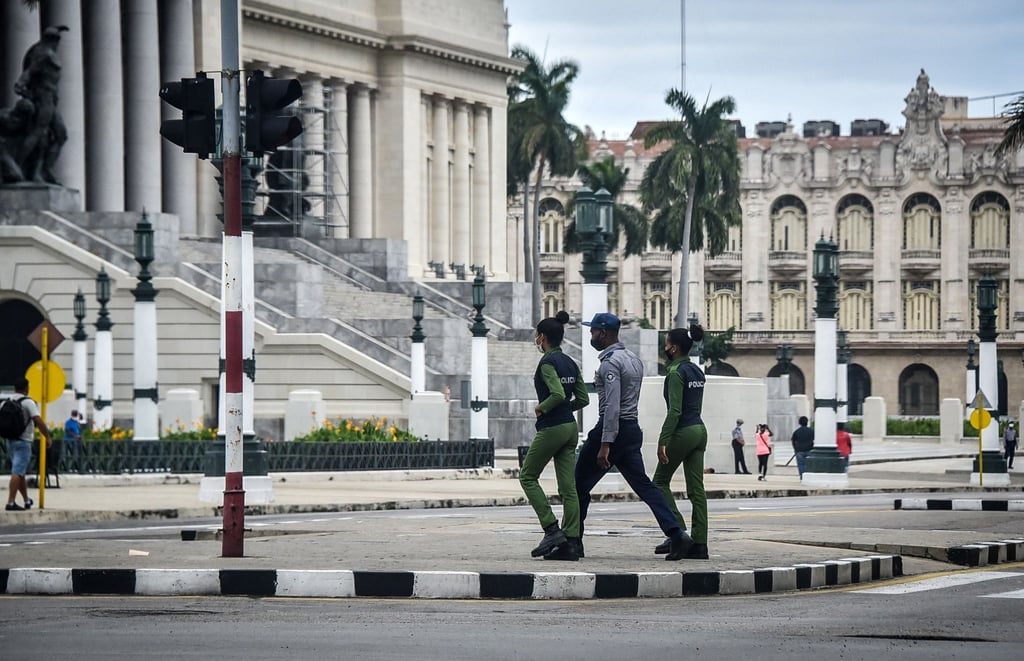My Take | Havana Syndrome? It’s more like the US Embassy Syndrome
- The CIA has concluded symptoms suffered by US diplomatic personnel were not the result of a deliberate global campaign by a hostile foreign power, making it likely the cause or causes were internal or domestic

“When you have eliminated all which is impossible, then whatever remains, however improbable, must be the truth.” – Arthur Conan Doyle, The Case-Book of Sherlock Holmes
After years of cross-continental investigation and millions of American taxpayer dollars spent, the Central Intelligence Agency has concluded in an internal probe that the so-called Havana Syndrome is not the result of a deliberate global campaign by any hostile foreign power. In other words, not Cuba, Russia, or China, all of which had, at one point or another, fallen under suspicion.
The syndrome describes a set of medical symptoms with unknown causes that have mostly affected United States government personnel within the diplomatic, intelligence and military communities working out of US diplomatic compounds.
There have been hundreds of such cases. This week, reporting the results of an internal investigation, Politico quoted a top CIA official: “We don’t see a global campaign by a foreign actor.”

The Wall Street Journal reported last week that during the summer of 2021, in Geneva, three American personnel reported symptoms similar to the Havana Syndrome.
